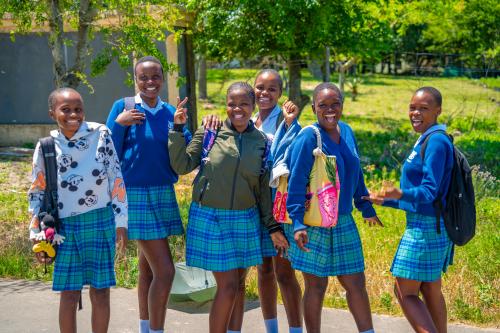INTRODUCTION
Since the fall of the Soviet Union, there has been a rapid transition from communist governments to more democratic governments in Central and Eastern Europe. In most of these situations, the changes and pre-transition analyses have focused on the areas of political, economic, and legal transformation and have paid very little attention to the impact such adjustments will have on the people of these countries and their adaptation to the changes. Seldom did the policy makers of these countries take into consideration the impact such “changes” would have on the physical and psychological needs of its citizens.
The people that lived under totalitarian regimes had to survive within a “culture of fear.” Like the people of Cuba, they developed a set of values and attitudes shaped by the formal indoctrination that defined their daily behavior in order to align their own wants and needs to the restrictions imposed by the state. C.C. Hughes (1993) defines “culture” as: (1) a socially transmitted system of ideas, (2) that shapes and describes experiences, (3) gives names to surrounding reality, (4) is shared by members of a particular group and, (5) coordinates and determines behavior. Hughes further defined “cultural process” as a means of conveying values across the generations. Cultures, in turn, develop a system of “social values”, which are defined as the ideals, customs and institutions of a society. This paper will demonstrate how the role of education in the future of Cuba will be one of the leading factors in transforming the psychological values and attitudes of the population in order to develop a civil society and eventually sustain a democratic state.
The Brookings Institution is committed to quality, independence, and impact.
We are supported by a diverse array of funders. In line with our values and policies, each Brookings publication represents the sole views of its author(s).


